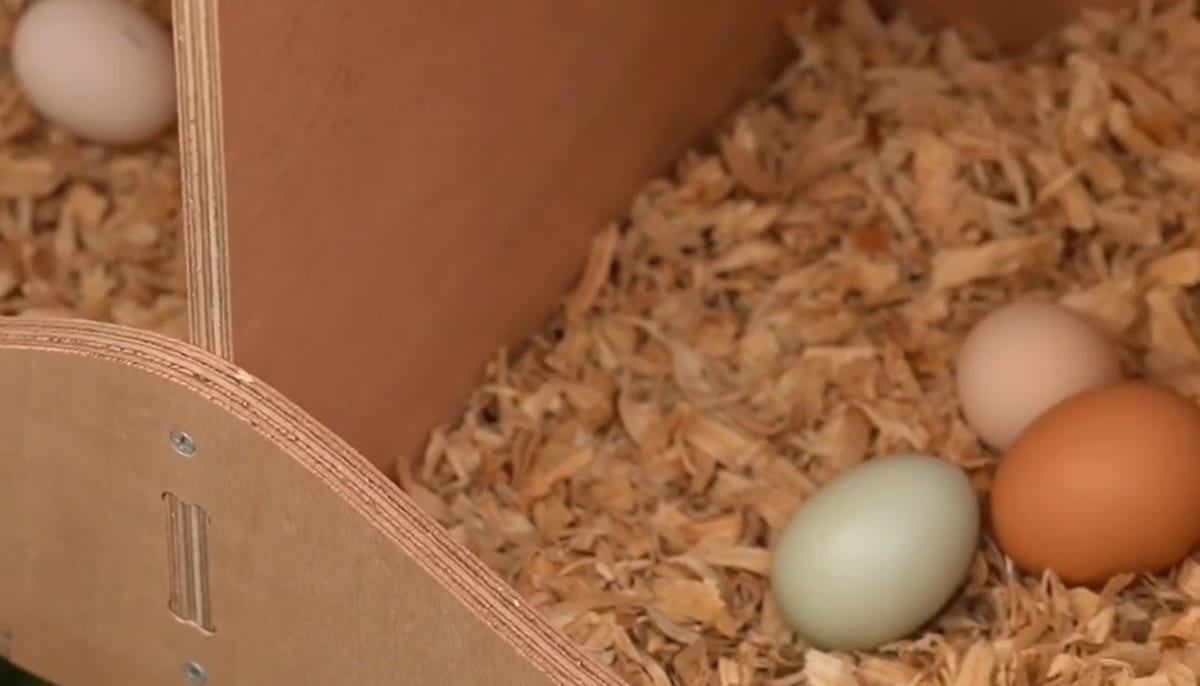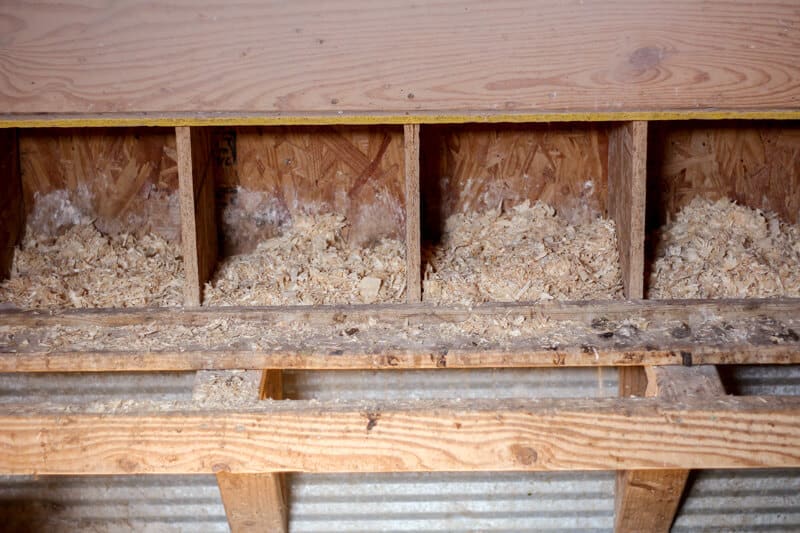Are your chickens treating their nesting boxes like a cozy bedroom rather than a place for laying eggs? Youre not alone. Many chicken owners find themselves facing this common challenge. Learning how to stop chickens from sleeping in nesting boxes is crucial because it ensures cleanliness, better egg quality, and overall healthier birds.
In this article, we will explore various strategies to help you keep your nesting boxes free from sleepy chickens, ensuring they remain a clean and inviting space for egg-laying.

Why Do Chickens Sleep in Nesting Boxes?
Understanding why chickens seek out nesting boxes for sleeping is the first step in addressing the issue. Nesting boxes are usually filled with soft bedding, making them an attractive option for a nights rest. Moreover, they offer a sense of security and warmth, especially if the weather is cold or if the coop is overcrowded.
The Importance of Proper Sleeping Arrangements
Its essential to encourage your chickens to roost on perches rather than nesting boxes. Roosting on perches keeps them away from soiled bedding, reducing the risk of disease and ensuring that the nesting boxes remain clean for laying eggs. Clean boxes mean clean eggs, which is better for consumption and marketability.
Creating the Ideal Roosting Environment
Creating an environment where chickens prefer to roost rather than sleep in nesting boxes involves a few critical steps:
1. Proper Perch Placement
Ensure that perches are higher than nesting boxes. Chickens naturally seek higher ground for sleeping, so strategically placing perches above the boxes can deter them from sleeping where they lay.
2. Adequate Space
Overcrowding can lead chickens to seek alternative sleeping spots. Make sure there is enough perch space for all your birds. The general rule is to provide at least 8 inches of roosting space per chicken.
3. Comfortable Perches
Use materials that are comfortable for the chickens feet. Rounded edges and smooth surfaces can make perches more inviting. Additionally, ensure the perches are stable and secure.
Training Chickens to Use Roosts
Training your chickens to use roosts involves consistent effort and patience. Here are some techniques to help them adapt:
1. Start Young
Introduce roosting habits early on. Young chicks should be encouraged to perch as soon as they are old enough to balance. You can find more about this in the chick brooder ebook.
2. Encourage Roosting
Place your chickens on the perches at dusk when they are preparing to sleep. Repeating this practice nightly will help them develop the habit.
3. Block Nesting Boxes at Night
Temporarily block access to nesting boxes during the night to force chickens to use the roosts. Ensure the blocks are removed in the morning so they can lay their eggs.
Maintaining Clean Nesting Boxes
1. Regular Cleaning
Clean nesting boxes frequently to discourage chickens from sleeping in them. The cleaner the boxes, the more they will associate them with laying rather than sleeping.
2. Use Suitable Bedding
Using the right nesting materials can also make a difference. Materials like straw or pine shavings are comfortable for laying but not ideal for sleeping. Discover more about the best options in this resource.
3. Nesting Box Design
Consider using designs that are less accommodating for sleeping. Sloped roofs on nesting boxes can prevent chickens from comfortably resting on top of them.
Additional Tips for Chicken Coop Management
1. Proper Lighting
Ensure your coop has adequate lighting. Chickens are less likely to settle in nesting boxes if they can easily find their way to the roosts.
2. Consistent Routine
Maintain a consistent routine for feeding and coop closing. Chickens thrive on routine and are more likely to adopt desired behaviors when their environment is predictable.
3. Monitor Chicken Behavior
Regularly check on your flocks behavior. Address any issues immediately to prevent them from becoming habits.

FAQs
1. Why do my chickens prefer nesting boxes over roosts?
Chickens may prefer nesting boxes if they feel more secure there or if the perch conditions are not ideal. Ensuring perches are comfortable, safe, and accessible can change this preference.
2. Can I use artificial lighting to encourage roosting?
Yes, artificial lighting can help. By extending daylight hours, chickens may naturally move to higher roosts as they prepare to sleep.
3. How often should I clean nesting boxes?
Cleaning frequency depends on the number of chickens, but a weekly clean is generally a good practice to maintain hygiene and deter sleeping in the boxes.
For additional insights on nesting box location in coop, check out this detailed guide on nesting box placement.
By implementing these strategies, you can successfully deter your chickens from sleeping in nesting boxes, ensuring a clean and productive environment for egg-laying. Happy chicken keeping!
This article contains affiliate links. We may earn a commission at no extra cost to you.









